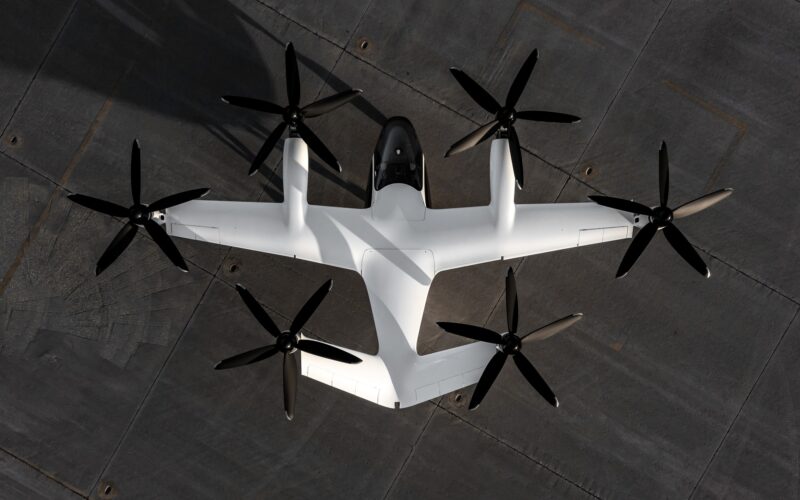Top eVTOL Innovators Leading the Race for Certification and Passenger Flights in 2023

In 2023, the competition among companies to achieve the first eVTOL certification and transport passengers has intensified. US-based commercial carriers like United Airlines and American Airlines have already placed orders, indicating that the first eVTOL flights are likely to shuttle passengers between airports and downtown areas of major cities.
The eVTOL industry boasts around 400 developers working on their first aircraft, with the United States and United Kingdom leading the way. However, the road to certification is challenging, and many companies may face hurdles in the process.
Despite the competition, several frontrunners have emerged, showing promising potential to fly passengers first:
- Archer Aviation: Archer Aviation is a highly rated startup with plans to launch its first commercial eVTOL flights in 2024. Backed by US carrier United Airlines, Archer’s flagship eVTOL, named Midnight, is optimized for back-to-back flights of 20 miles, with a 100-mile overall range. Archer’s partnership with manufacturer Stellantis enables mass production of Midnight in Georgia, US.
- Vertical Aerospace: British developer Vertical Aerospace founded by Stephen Fitzpatrick aims to be among the first to receive certification. The company has secured delivery slots for 50 eVTOL aircraft and associated pre-delivery payments with American Airlines. The VX4, Vertical’s eVTOL, can transport a pilot and four passengers, covering distances of over 100 miles at top speeds exceeding 200 miles per hour.
- Lilium: Germany-based Lilium has made significant progress with its Phoenix 2 aircraft, featuring a jet plane-inspired design using Ducted Electric Vectored Thrust (DEVT) technology. Lilium is pursuing concurrent certification with the European Union Aviation Safety Agency (EASA) and the FAA for its 7-Seater Lilium Jet. The company has secured deals with several airlines and private jet firms.
- Joby Aviation: California’s Joby Aviation is a main frontrunner for FAA certification, targeting commercial operations by 2025. It has partnerships with ANA in Japan and a $200 million deal with Delta Air Lines. The all-electric aircraft can carry five people, including the pilot, with a range of 150 miles at speeds of up to 200 miles per hour.
- Eve Air Mobility: Eve Air Mobility, an independent company founded by Brazilian aircraft manufacturer Embraer, is a potential contender, with plans for certification and service entry in 2026. Its eVTOL can carry four passengers, with potential for six once autonomous flight is certified. United Airlines has invested $15 million and placed a conditional order for 200 eVTOLs.
- Volocopter: German manufacturer Volocopter aims to receive EASA certification for its VoloCity aircraft in the second quarter of 2024, targeting the Paris Olympics for its first commercial passenger flights. VoloCity is a two-seater, and Volocopter is also developing VoloRegion to carry four passengers.
- Wisk Aero: Wisk Aero, a Californian startup, recently became a fully owned subsidiary of Boeing, enhancing its chances of reaching commercial stages sooner. The Generation 6 aircraft is an all-electric, autonomous, four-seat eVTOL air taxi designed for passenger transport.
- EHang: Chinese developer EHang has made substantial progress toward certification, completing over 90% of compliance tests. The EH216-S, a two-seater eVTOL, has rotors on eight arms and can travel at 130 mph.
These companies are at the forefront of the eVTOL race and are making significant strides towards certification and eventually transporting passengers, revolutionizing urban mobility.
